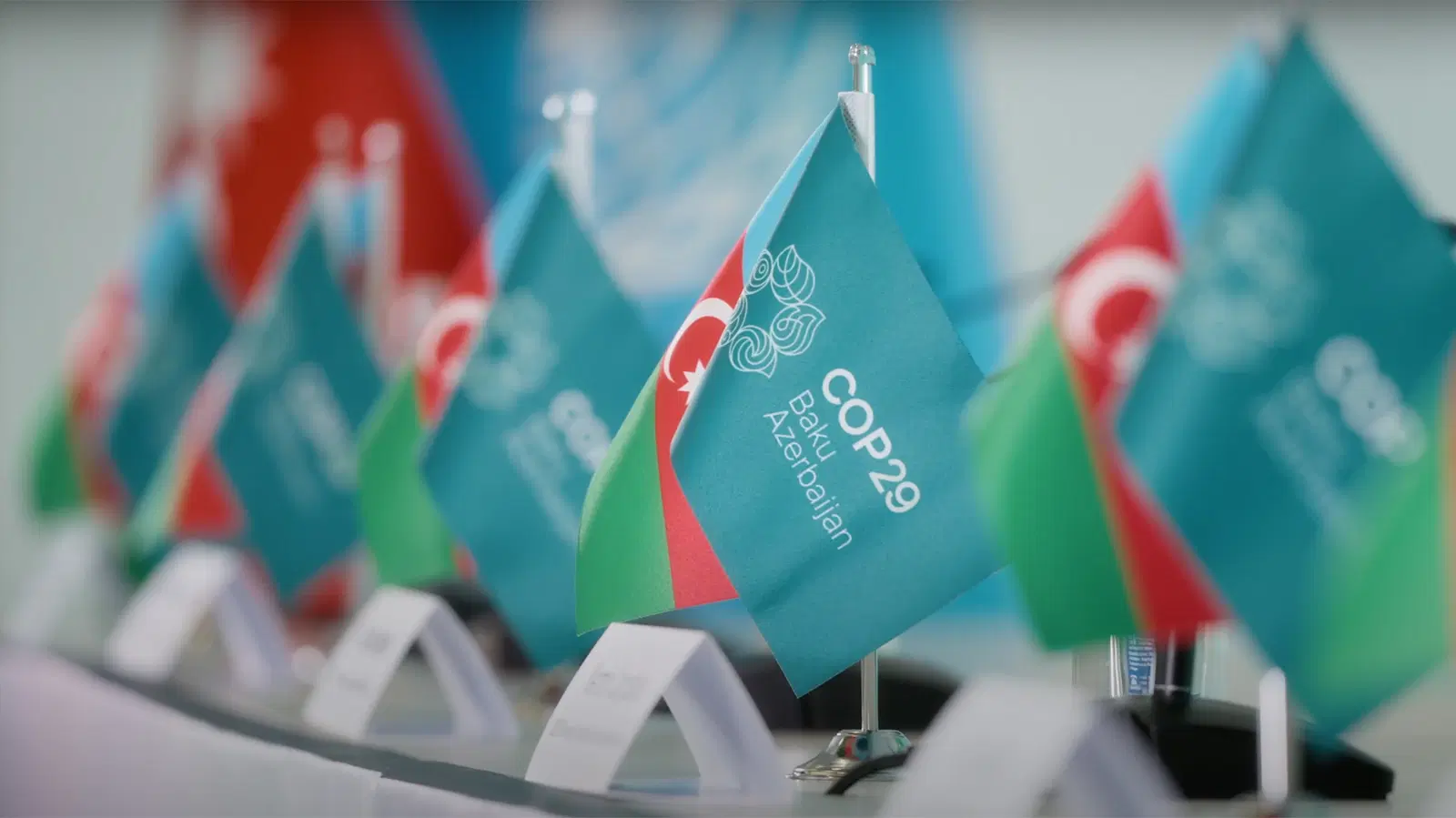As the world prepares for the UN COP29 climate conference, a contentious debate is unfolding regarding who should bear the financial burden of climate aid for developing nations. With the developing world estimated to require trillions of dollars to combat climate change and adapt to its impacts, the question of funding sources is at the forefront of negotiations.
The current framework relies on a commitment from wealthy nations to provide $100 billion annually in climate finance, a pledge made by developed countries at the 1992 UN climate convention. Key contributors, including the United States, the European Union, Canada, and Japan, have expressed a willingness to continue this support, but they are now pushing for emerging economies to also contribute to climate action.
China, as the largest global emitter of carbon dioxide and the second-largest economy, is under significant scrutiny. Other nations, such as Singapore and oil-rich states like Saudi Arabia, are also being evaluated as potential contributors. In an August submission to the UN Framework Convention on Climate Change (UNFCCC), the United States argued for the inclusion of new donor parties, emphasizing the need to adapt the contributor list to reflect current economic realities.
The proposal to expand the donor base has ignited controversy, with many developing countries resisting the idea. Diplomats from various developed nations contend that the existing classification of rich and poor is outdated and that countries capable of contributing should step up. They suggest using revised criteria—such as income levels, purchasing power, or greenhouse gas emissions—as a basis for determining new contributors.
As negotiations intensify leading up to COP29, tensions are rising, particularly given the conference’s host country, Azerbaijan, is classified as a developing nation yet is rich in oil and gas resources. The challenge lies in balancing the financial responsibilities for climate action while addressing the differing capacities and historical contributions of various countries.

